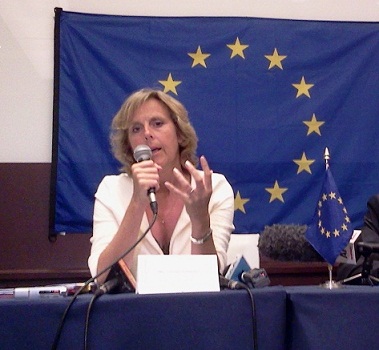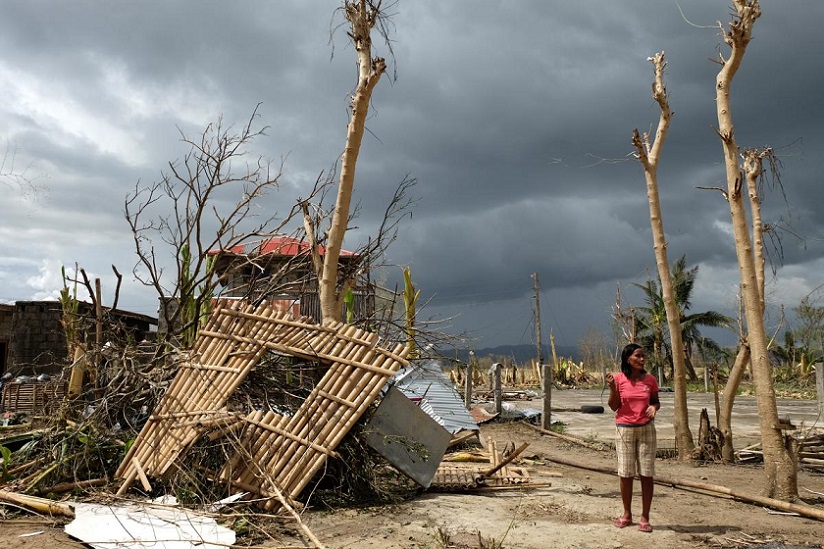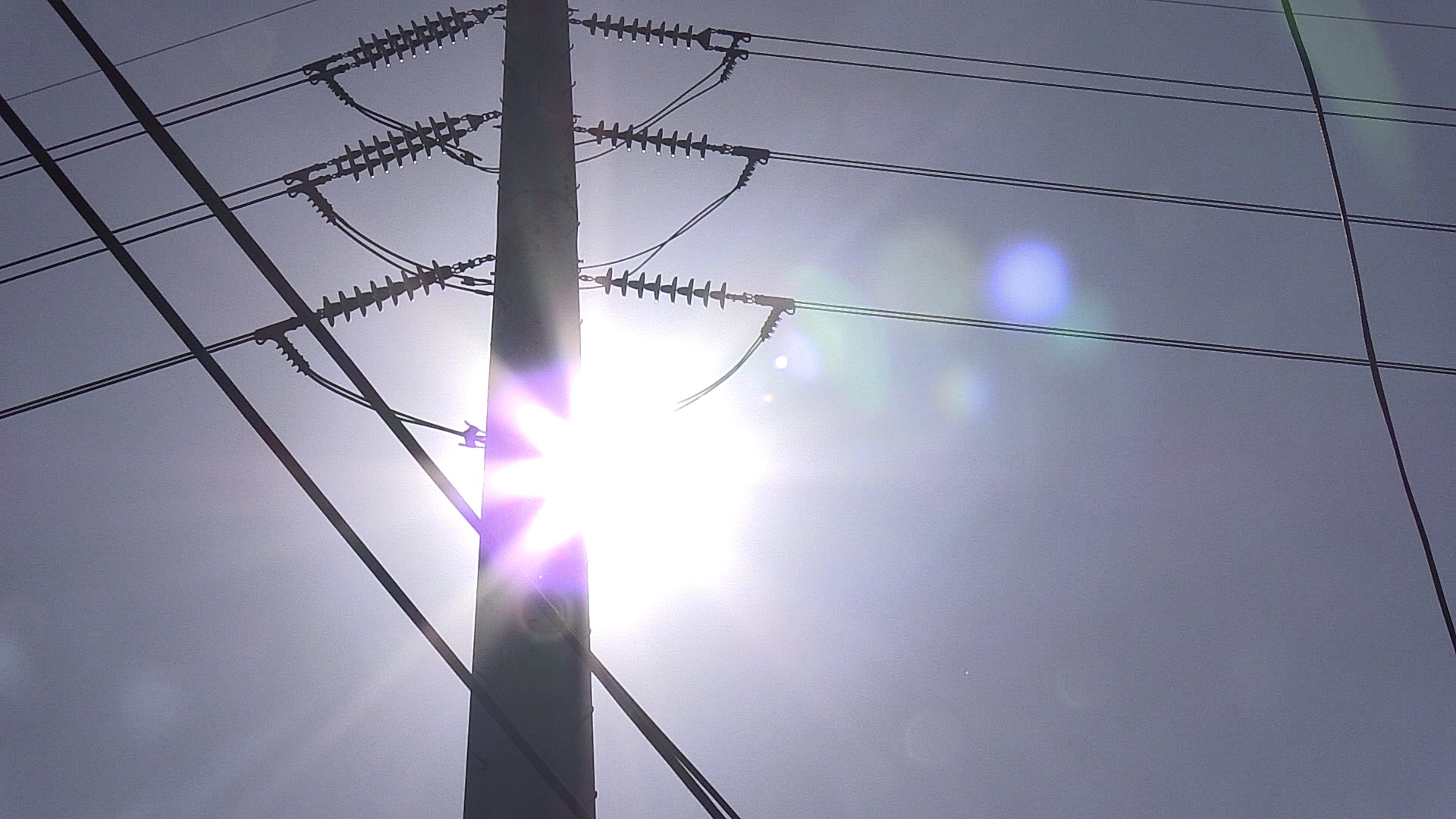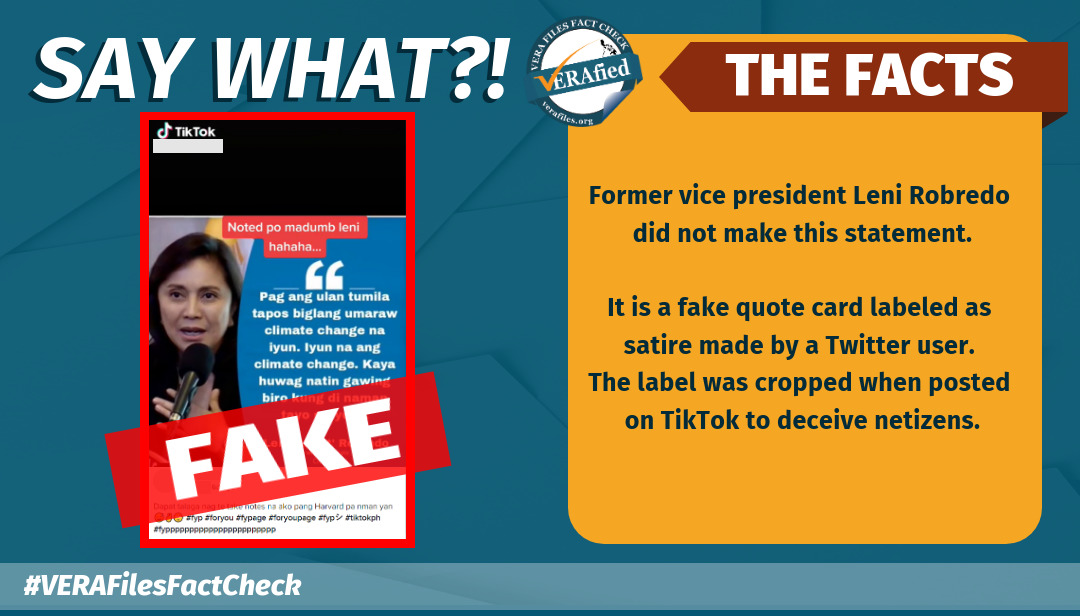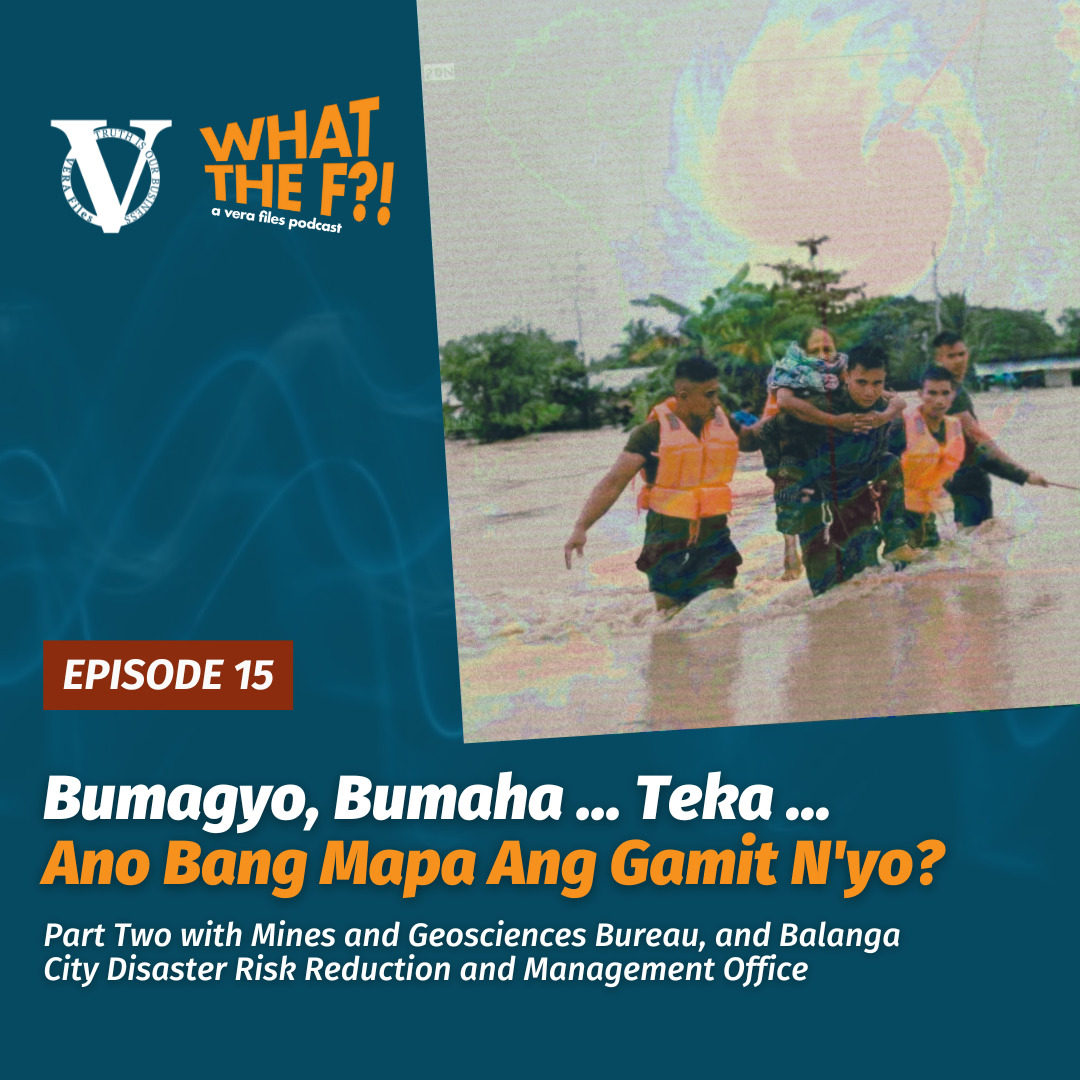By JOHNNA VILLAVIRAY GIOLAGON
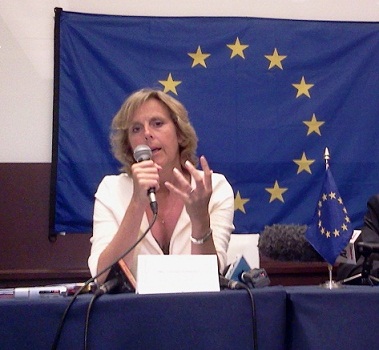 EVEN as the Philippines deserves commendation for measures that mitigate destruction of environment, recent floods that have displaced thousands in the Philippines make it compelling for the government to sign on for a new climate change treaty, visiting European Union official said.
EVEN as the Philippines deserves commendation for measures that mitigate destruction of environment, recent floods that have displaced thousands in the Philippines make it compelling for the government to sign on for a new climate change treaty, visiting European Union official said.
EU Commissioner for Climate Action Connie Hedegaard said a World Bank analysis released in June said that “as the world’s third most vulnerable country to extreme weather events and sea level rise, the Philippines is already feeling the impacts of climate change.”
The report said “storm surges are projected to affect about 14 percent of the total population and 42 percent of the coastal population.”
It further noted that 16 Philippine provinces are included in the 50 most vulnerable regions in Southeast Asia.
“The recent floods show how urgent the issue is,” Hedegaard said, pointing out that a recent survey showed that eight out of 10 Filipinos claim they’ve been directly affected by climate change.
She acknowledged efforts – such as access to energy and in the resilience and adaptation aspect – by the Philippines’ national and local governments to protect the population as well as investors and businesses from the effects of extreme weather phenomenon.
She said the Philippines, with its relatively low per capita greenhouse gas emissions, and other low and middle economies that have incorporated policies to counteract global warning are in a good position to help convince larger countries to pull their weight in November’s climate change talks in Warsaw where the EU wants the world to decide on a process and timeline so that by 2014 concrete commitments could be laid down for a new climate change pact.
“When you are doing things and when you have a climate law, why not inscribe it international and show to others – including some of the bigger ones – that, when you can do it, why should they not be able to do it,” Hedegaard said in a meeting with media.
Her visit to the Philippines is part of a campaign to get more countries to support the advancement of the global climate change agenda.
The deadline for the new universally legally-binding agreement is 2015, but the EU wants to “hear from parties (as early as next year) what do you plan to do after 2020.”
She said this is the only way to “know that the world is on track, (only) then we can if each other’s contributions are ambitious enough and fair enough.”
There is a sentiment among some participants to push back the 2015 deadline. But Hedegaard, noting recent floods brought about by extreme weather in the Philippines, insists on the necessity to keep to the target.
Hedegaard observed that the deluge that submerged capital Metro Manila weeks earlier used to happen once every 30 years but now appears to be an annual phenomenon.
Before coming to Manila, Hedegaard visited Tonga, which she said is setting up its renewable energy target.
Pacific Island leaders whose countries have been most affected by rising sea levels adopted the Majuro Declaration that underlines “the need for urgent action at all levels to reduce greenhouse gas emissions commensurate with the science.”
The Declaration highlights how climate change directly affects peoples’ lives. Hedegaard believes that the more people speak out about how their lives are disrupted by climate change, the more that governments will see the need to take urgent action.
“It is very interesting there to note how these states who are the forefront of climate change, as in many respect the Philippines also is, have started to integrate climate synching into their development strategies, their growth strategies, job strategies, their social strategies,” Hedegaard mused.
She urged the small countries to “ internationalize” what they are doing. “Tell the rest of world: We are little, we are not very rich, we can do it; why should you also not be able to do it? That could send a very strong signal from the Philippines.
